Evaluating Egypt’s Role in South Africa’s Genocide Case Against Israel: Realpolitik or Genuine Concern?
Introduction
Egypt’s recent decision to join South Africa in the International Court of Justice (ICJ) case accusing Israel of genocide in Gaza marks a significant move in international relations. This article explores the various motivations behind Egypt’s involvement and the broader implications it holds for Middle Eastern geopolitics.
Historical Context and Legal Framework
Egypt and Israel have had a complex relationship, shaped significantly by the 1979 Camp David Accords which led to a peace treaty. This relationship is further complicated by the ongoing conflict in Gaza. The Genocide Convention, under which the ICJ case is filed, sets a legal backdrop for accusations of severe human rights violations, providing a global forum for addressing such allegations.
Motivations Behind Egypt’s Decision
National Security Concerns: The takeover of the Philadelphia Corridor by Israeli forces may pose a direct threat to Egypt’s border security, possibly prompting its involvement in the ICJ case.
Diplomatic Strategy: Egypt’s decision could also be seen as a strategic diplomatic move to reaffirm its role in regional politics and align itself with global justice initiatives.
International and Domestic Pressures
International Pressure: The escalating humanitarian crisis in Gaza and the corresponding international condemnation might have influenced Egypt’s decision.
Domestic Influence: There is strong domestic support within Egypt for the Palestinian cause, potentially pressuring the government to act more decisively.
Implications of Egypt’s Involvement
Legal and Moral Authority: By joining the ICJ case, Egypt might lend significant moral and legal weight to the proceedings, influencing international law and its enforcement.
Geopolitical Repercussions: This move could strain Egypt’s relations with Israel and its allies, notably the United States, affecting international aid and military cooperation.
Criticisms and Controversies
Critics argue that Egypt’s action is too late and may be driven more by political realism than genuine humanitarian concern. The effectiveness of the ICJ, lacking enforcement mechanisms, and the historical precedence of Israel’s non-compliance with international rulings, raise questions about the potential outcomes of Egypt’s involvement.
Reaction from the Muslim Ummah
Disappointment and Criticism: The Muslim ummah has expressed significant disappointment towards Egypt’s perceived lack of action until now, criticizing its slow response to the dire humanitarian needs of Palestinians.
Expectations of Leadership: There are high expectations for Egypt to lead in addressing the crises facing Muslims in Gaza, stemming from its geographical proximity and historical leadership in the Arab world.
Pressure for Direct Action: Beyond legal actions, there is a call for Egypt to undertake more direct and immediate humanitarian interventions to alleviate the suffering in Gaza.
Conclusion
Egypt’s involvement in the ICJ case against Israel is a complex interplay of legal, diplomatic, and humanitarian considerations. This move could potentially reshape Egypt’s foreign relations and its role in future Middle Eastern geopolitics. The outcome of this legal action, while uncertain, underscores the continuing struggle for justice and human rights in one of the world’s most enduring conflicts. However it also underscores the diminishing role the Islamic faith plays in Egypt’s failing diplomacy.


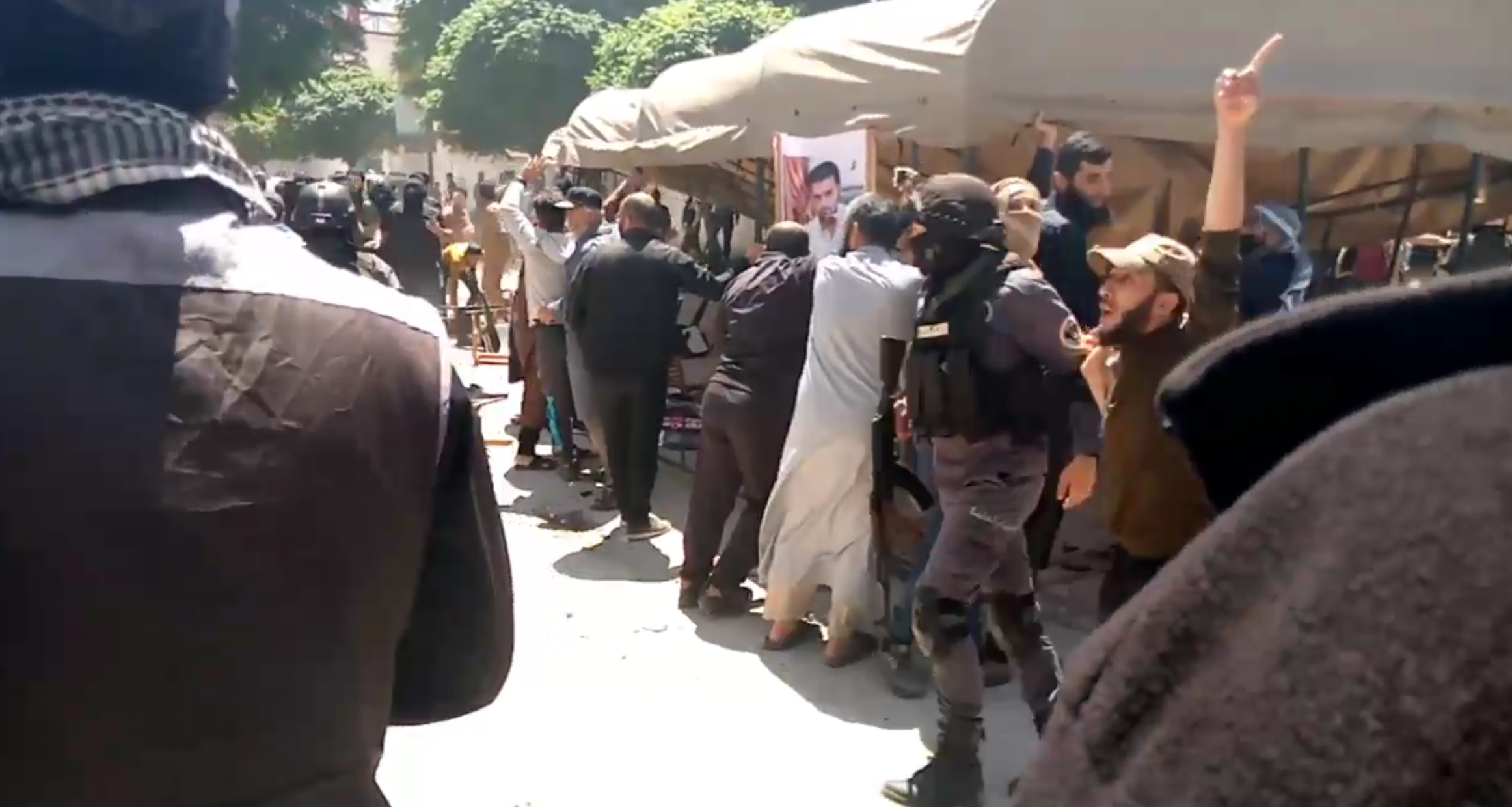
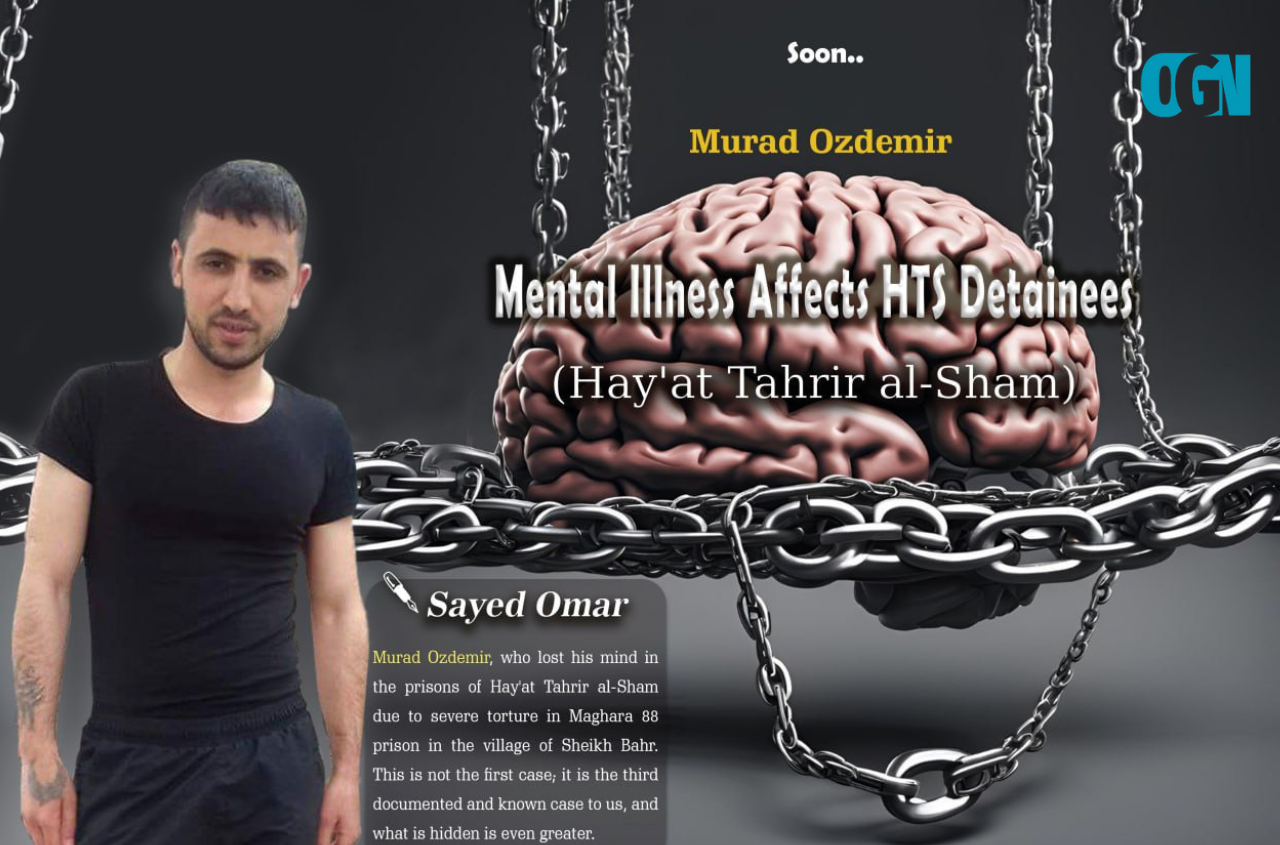
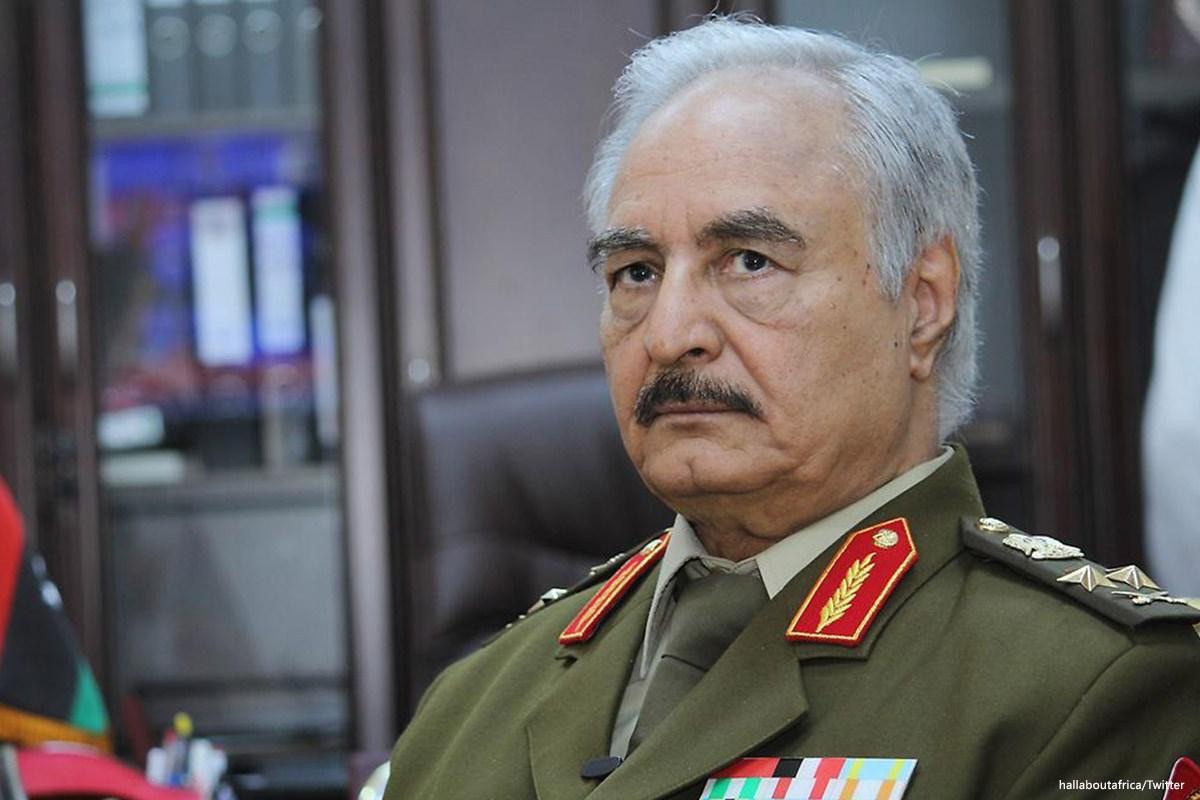
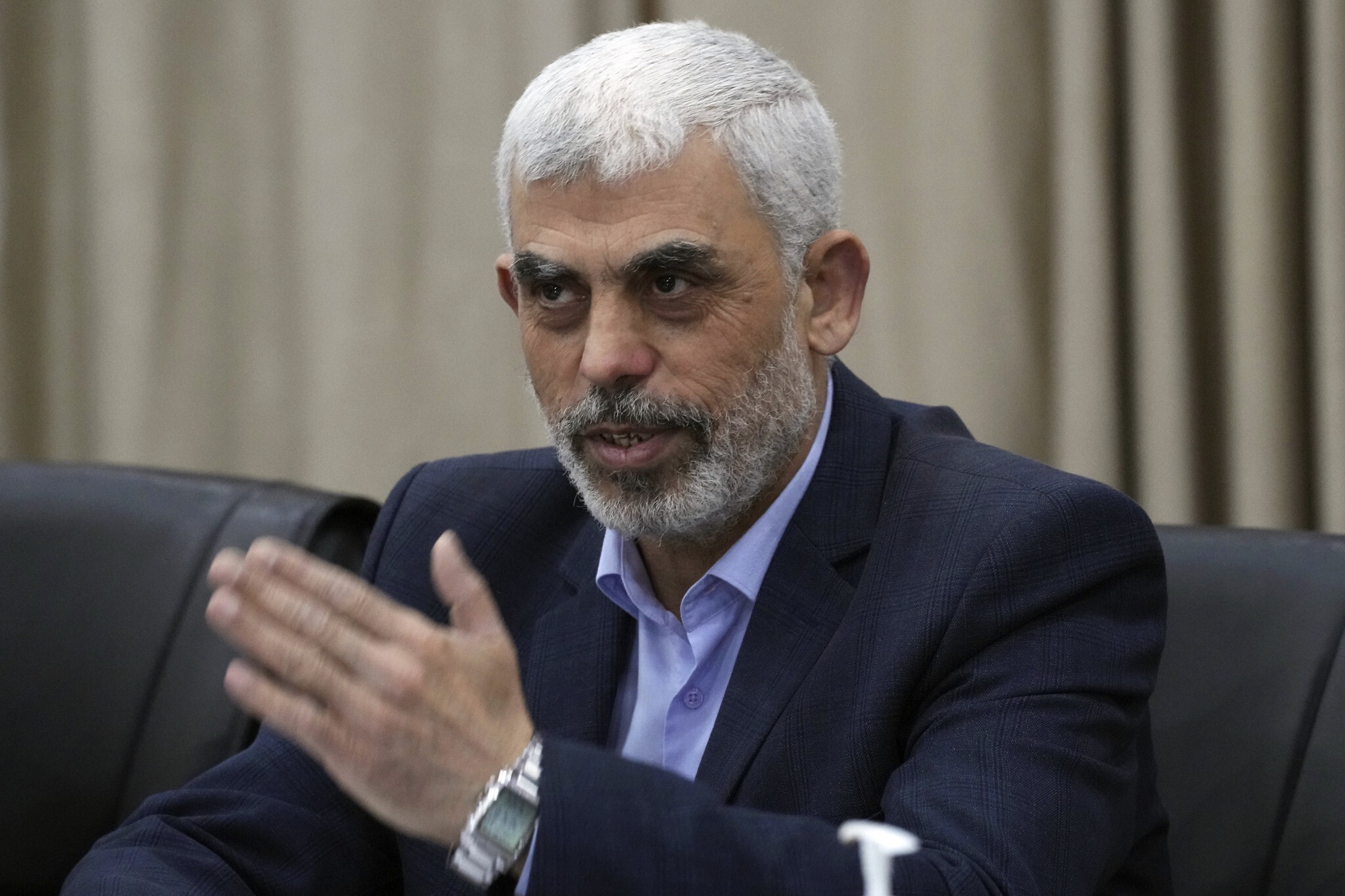
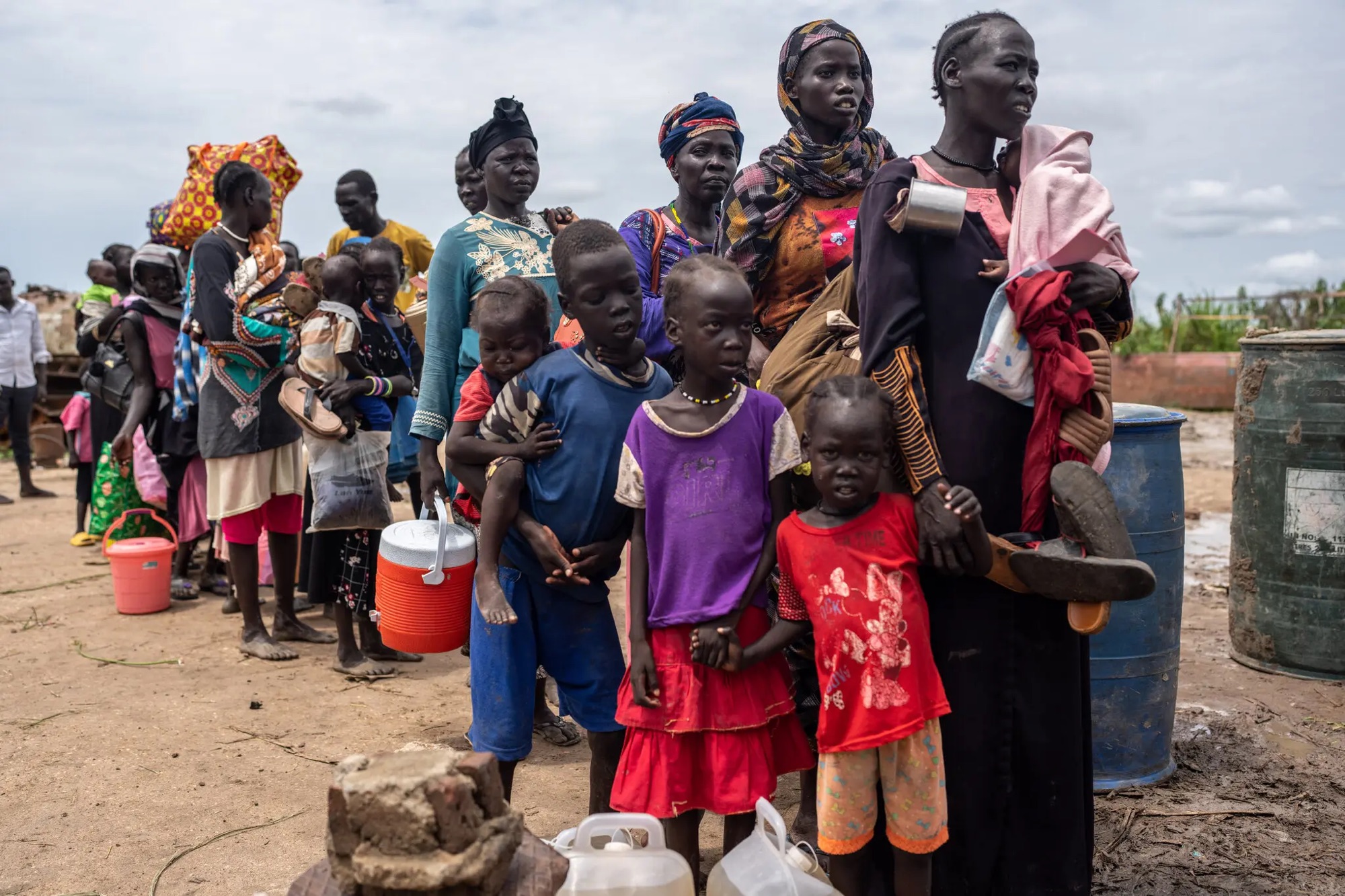
Leave a Reply